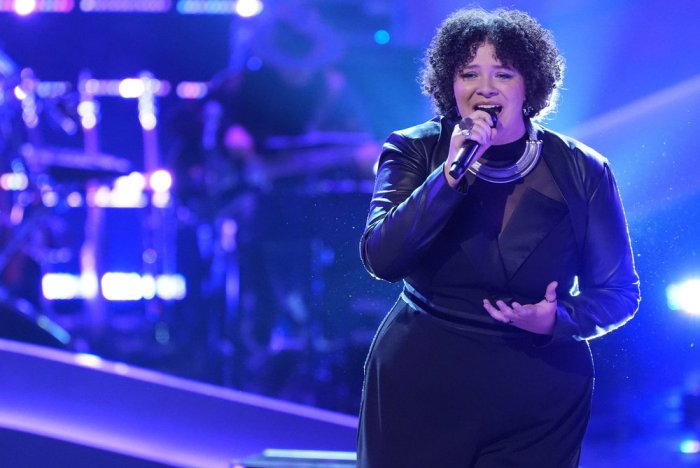The Lion King Celebrates 20 Years On Broadway

It’s hard to believe that a movie about animals inspired by William Shakespeare’s Hamlet made its Disney debut in 1994. It is even harder to believe that said movie has retained a residence on Broadway for the past two decades. The Lion King premiered at the Minskoff Theatre on Nov. 13, 1997 and since then, it has become the most popular show on the Great White Way.
“There’s nothing that exists on Broadway that is like The Lion King. It’s a spectacle in itself,” said L. Steven Taylor, who plays pride patriarch Mufasa in the Broadway production of the classic movie. Taylor, a former preschool teacher, has been with the company for 13 years. After touring and doing other work, he returned to Broadway as Mufasa three years ago, and it was quite the homecoming.

“My journey with The Lion King…I started in the ensemble and elevated to principal. Everyone welcomed me back and I just felt so proud to be a part of this production,” said the Indiana native, whose first open call for The Lion King was at Indiana University. “There were 800 people at that audition and I was one of the last to go. I ended up getting hired at a job out in Seattle, but went on another audition and they remembered me.”
Taylor, a young Baritone at the time, was not a good fit for Mufasa, who was plated by an older cast member. Instead, he was groomed over the course of a year and a half at a “boot camp,” where he learned about South African culture, history and language, learning the songs and dances from those tribes represented in the show.
“I was doing Miss Saigon in Seattle and was on my dinner break when I got a call saying ‘are you ready to make your Broadway debut?’ I thought it was a prank call,” said Taylor, who was cast in the show for six months as a temporary replacement. “When the actor didn’t come back, I continued on and was offered the role of Mufasa, of which I performed with The National Tour in 2007.”
In playing such an iconic character, Taylor had it in his head that he had to be a remake of James Earl Jones because that’s what everyone knew.

“You come to the show with huge expectations and it’s humbling, but at the same time I struggled with that. No one can be James Earl Jones. He has developed a persona that no one can emulate,” he said. “As a father myself, (my son was 3 when I joined the company), I had to implement that role into my role onstage and focus on bringing my own experiences. But it is super humbling to try and fill the shoes of James Earl Jones.”
In preparing for his role, Taylor studied the script, the score and watched a National Geographic VHS tape called Lions vs Hyenas: Eternal Enemies, a documentary built on the relationship between the good and the bad and how animals move and interact with each other, a crucial study technique in learning how to blend the human and animal element to make the characters come to life.
“The costume felt so big on me it felt like I was wearing my dad’s clothes. I started going to the gym to build muscle and would always go through these animal motions that we were taught early on to prepare myself and make it more natural,” said Taylor, making a note of the exquisite puppets and costumes the production has become known for. “In other cultures, they wear masks and costumes are a part of the way they tell stories and that helped me embrace it.”
Utilizing his degree in in early childhood development and his experience as a parent, Taylor loved working with the children of the production, of whom he said are “extremely talented and have the hardest jobs of all.”
“I love working with kids…it’s extremely natural to me,” he said. “Being Mufasa translates offstage as well because you become this persona that people can lean on. You become a father and big brother just because of the role.”
Being back home on Broadway in “the biggest show in the world,” Taylor loves hearing about the audience’s experiences, many of whom have seen the show multiple times.

“I love hearing why they’ve come back over the course of so many years at different points in their lives and it’s because the show has meant different things to them,” he said. “Disney in general is tricky because when you look at an animated feature, it’s like you’re getting it at face value but the stories they tell are so intertwined in the human experience. People are so attracted to it.”
According to Taylor, The Lion King in particular holds to that extremely well. He believes that there is something for every person who sees the show to relate to, noting that everyone has been Simba, the teenager who felt lost, and everyone, whether they wish to admit it or not, has been Scar, experiencing jealously.
“People see themselves in these characters and that’s why the show has sustained for so many years. It’s ironic because the production is shown through animals but it’s such a human experience,” said Taylor. “It’s beautiful and timeless and if there was ever a piece of theater that was for every single person in your family, it’s The Lion King.”






























